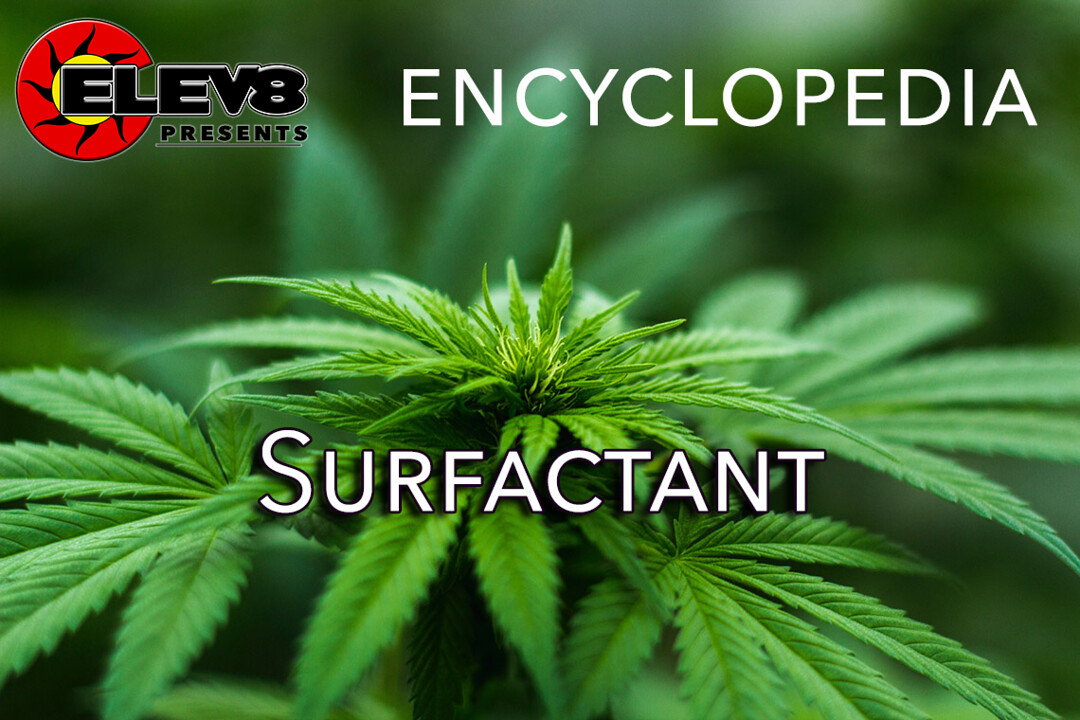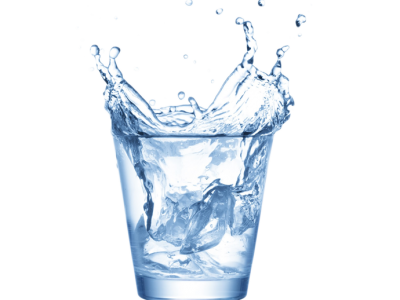What does Surfactant mean?
In botany, surfactants are ingredients added to liquid-based substances such as pesticides and liquid nutrients.
Surfactants work by reducing a liquid’s surface tension, which ensures the substances remain on their targets instead of sliding or rolling off. This helps the product be more effective and economical in its use.
Surfactants share the same formula as adjuvants. Some examples of surfactants include thickeners and drift control substances, as well as deposition, defoaming, conditioning, and compatibility agents.
More Info on Surfactant
While some liquid formulas can be used on plants without the use of added surfactants, the majority of them need the addition of a surfactant or an adjuvant.
If you are preparing your own liquid formula for use as a foliar feed, pesticide, or herbicide, it is important to avoid an excess of chemical surfactants in order to prevent plant damage.
In fact, to prevent chemical burns, some gardeners choose to go for natural surfactants, which are also biodegradable. Examples of natural surfactants include wheat amino acids, lanolins, castor oils, palm oils, and coconut oils.







